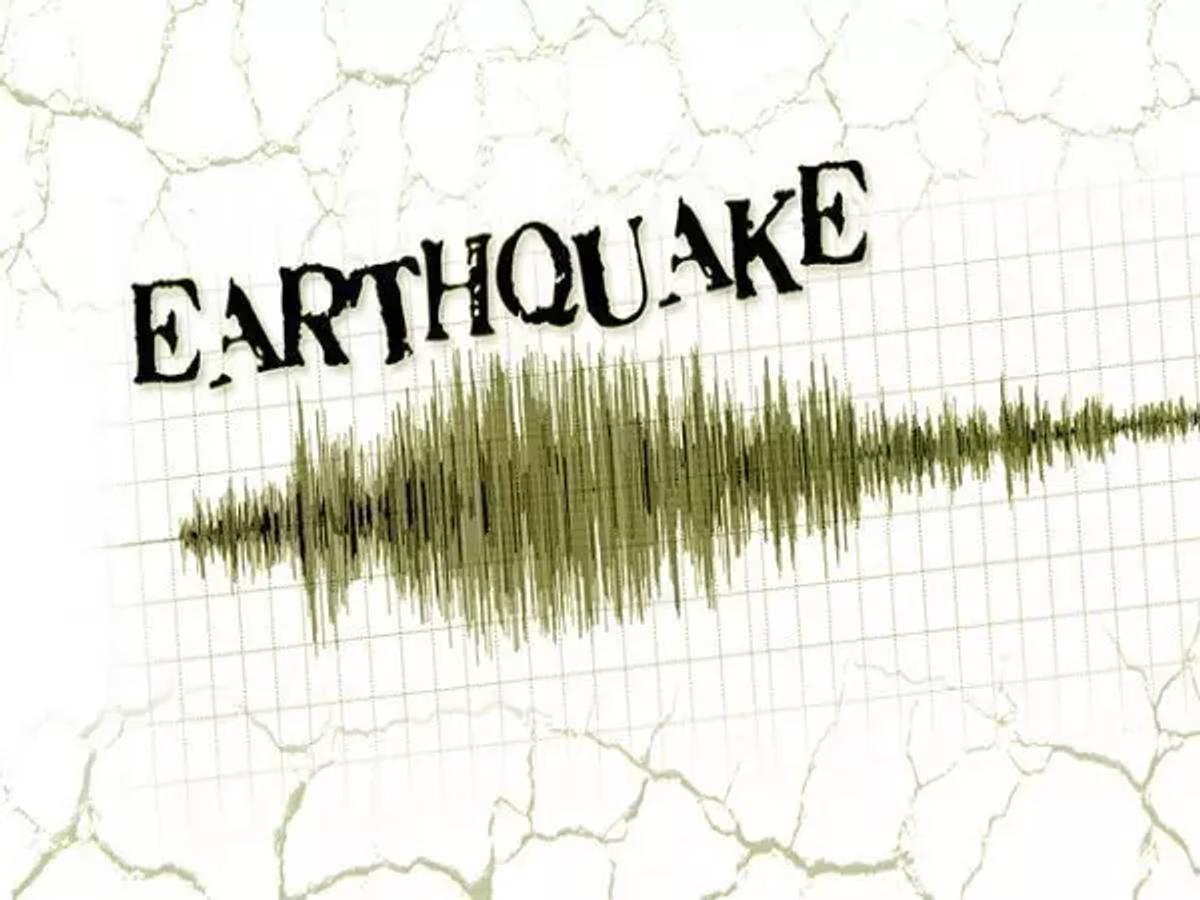Beijing (China): Quad -- a "force for good"-- with the help of its maritime initiative, Indo-Pacific Maritime Domain Awareness (IPMDA), is eyeing to combat China in its expansionist ambitions in the South and East China Sea where the country's fishing practices have long been called out for being "opaque, vast and at times, illegal", reported a Canada-based think tank, International Forum for Rights and Security (IFFRAS).
While the bloc's members took no names, the target of this maritime initiative is unmistakable, with brewing concerns over questions of sovereignty in the South China Sea disputed waters in recent times.
The communication system set up between the Quad member countries will allow these major global players to monitor and keep a check on the political, military, and unhindered flow of economic activities carried out by China in the Indo-Pacific region.
Given China's strategic and callous attitude towards violating sovereign and jurisdictional rights of neighbouring nations, China's illegal expansion in the Pacific waters continues to remain a grave cause of concern.
Chinese maritime militia's illegal fishing is not a standalone issue. China is also carrying out "dubious operations". China's move to prohibit Vietnam and the Philippines from fishing activity in the South China Sea has raised serious concerns regarding the sovereign rights of these nations over the Sea's disputed waters.
All of this calls for checks to be put in place regarding China's expansive maritime activities, both illegal as well as covert. The government in Hanoi condemned Beijing's despotic move, initially appealing to the country to respect the jurisdiction and sovereign rights of Vietnam. However, Beijing has since rejected the fishing ban, deeming it invalid and instructing its citizens to carry on their fishing activities within the limits of Vietnamese maritime territory. On May 31, the Philippines was reported to have filed a diplomatic protest against the fishing ban for harassment and violating its jurisdictions at the hands of Beijing's coast guard.
Earlier in 2021, tensions remained high between the Philippines and China over sovereignty conflicts, as the latter had a fishing fleet comprising over 200 fishing vessels anchored at Whitsun Reef, an area in the South China Sea that is claimed by the Philippines, as per the think tank.
Quad members India, Japan, Australia, and the US signed IPMDA on May 24, a maritime security initiative meant to monitor and tackle illicit fishing activities, dark shipping, and other tactical activities in the Indo-pacific region.
This maritime security partnership will allow the member countries to monitor illegal fishing, track "dark shipping" and other tactical-level activities. "The benefit of this maritime initiative will allow tracking of dark shipping and other tactical-level activities, such as rendezvous at sea, as well as improve partners' ability to respond to climate and humanitarian events and to protect their fisheries, which are vital to many Indo-Pacific economies," said the White House in a media statement on the sidelines of Quad Summit. Notably, "dark ships" are vessels with their Automatic Identification System (AIS) - a transponder system - switched off so as not to be detectable. This crucial maritime pact between the Quad member countries will enhance the security apparatus of the Indo-Pacific region.
The maritime initiative IPMDA will offer a near-real-time, integrated, and cost-effective maritime domain awareness picture, added the White House in the statement. This initiative will transform the ability of partners in the Pacific Islands, Southeast Asia, and the Indian Ocean region to fully monitor the waters on their shores and, in turn, to uphold a free and open Indo-Pacific.
Quad countries are committed to contributing to the region's maritime domain awareness -- a fundamental requirement for peace, stability, and prosperity -- through investment in IPMDA over five years, stated the White House in the statement. The partnership will innovate upon existing maritime domain awareness efforts, rapidly bringing emerging technologies to bear for the greater good of the Indo-Pacific community.
IPMDA will build a faster, wider, and more accurate maritime picture of near-real-time activities in partners' waters. This common operating picture will integrate three critical regions -- the Pacific Islands, Southeast Asia, and the Indian Ocean region -- in the Indo-Pacific. —ANI




















